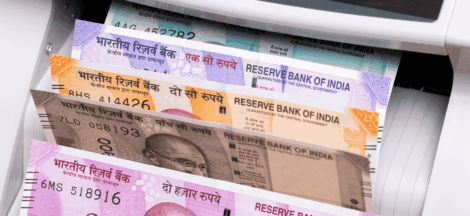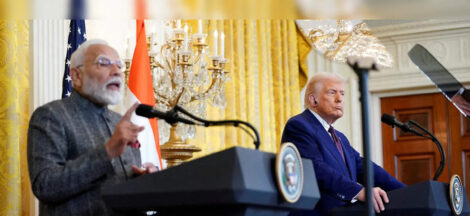NEW DELHI: While India has offered significant duty concessions on automobile imports from the UK under their recently finalised Free Trade Agreement (FTA), it has strategically retained enough flexibility to safeguard its domestic auto manufacturers—who cater to the bulk of the local market—a senior government official has said.
Under the FTA concluded on May 6, India has agreed to reduce import duties on automobiles from 100% to 10%. However, this reduction will not apply uniformly across all vehicle categories. “The Indian offer is very nuanced. The duty cuts and quotas will be based on the price and engine capacity of the automobile,” the official explained. Even in eligible segments, the duty relaxation will be phased in over a decade and subject to quotas.
The UK has a strong export interest in the electric vehicle (EV) segment, which aligns with its domestic push toward electrification. The UK plans to ban the sale of new petrol and diesel cars by 2030 and mandate that all light vehicles, including cars and vans, be zero-emission by 2035.
Given that shift, the UK is unlikely to maintain separate production lines for petrol and diesel vehicles solely for export markets like India. Currently, 80% of UK automobile production is exported, with Europe being its largest market.India-UK FTA will lower tariffs on 99% of Indian exports and would make it easier for British firms to export whisky, cars and other products to India, besides boosting the overall trade basket.
The aim is to double the two-way commerce by 2030 from the present $ 60 billion. Tariff concessions for India under the FTA will be applicable from the day the agreement is ratified.
From India’s perspective, 90% of UK exports will see reduced tariffs, with 85% of those tariff lines becoming fully duty-free within 10 years. The final text of the agreement is still under preparation, with a legal vetting process—or “legal scrubbing”—expected to take three months.
This will be followed by a ratification process in the UK Parliament, which could take up to a year. Full implementation of the FTA is, therefore, approximately 15 months away.“The agreement delivers more on the services sector than goods,” the official added. In 2024, bilateral trade between the two countries stood at $56.76 billion, with services comprising around 58% of the total. India’s goods exports to the UK were valued at $14.38 billion, while services exports reached $19.57 billion. Conversely, UK goods exports to India totalled $9.32 billion, with services exports at $13.45 billion.
Source: The Financial Express


